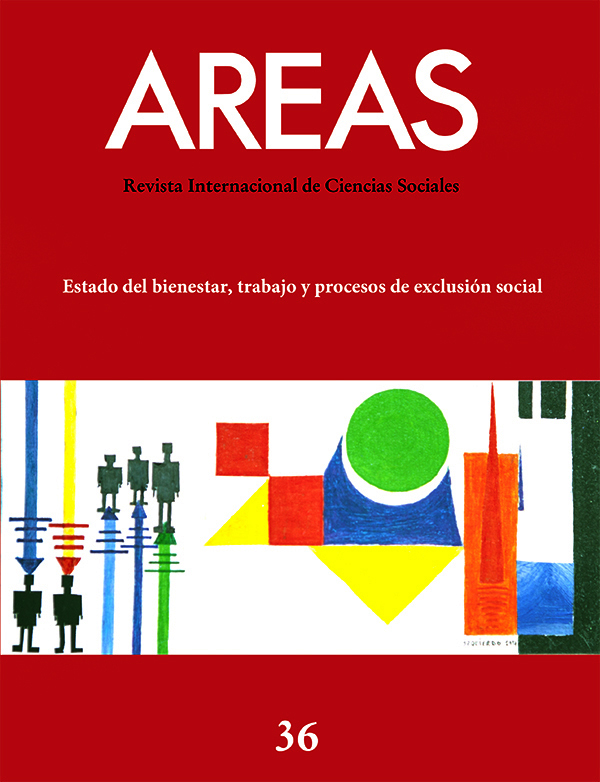Social models in Europe: convergence or divergence after the economic crisis?
Abstract
The European Union has been promoting through its institutions and regulations, a common social model that fosters social cohesion. The scope of this purpose is limited by the differences between national social models, along with the different impact of the economic crisis. The aim of this paper is to analyze the evolution of the different European Social Models. It is provided an overview of these, with special emphasis on the trend towards convergence or divergence between them during 2007-2014. From the classifications of the types of Welfare States (Timuss, Esping-Andersen and Sapir), this paper shows a proposal based on the initial identification of certain common patterns in five different models: Nordic, Continental, Anglo-Saxon, Mediterranean and Eastern. The initial hypothesis is: the different European social models maintain a great relationship with the geopolitical context in which they are developing and also we must considering the integration time in the EU. The methodology used consists of comparing the different social, economic and political behavior in the European Union. For this purpose, different areas of social policy (income, employment, education, housing and health) are analyzed; including input indicators (such as social spending) and outcome indicators (such as the unemployment rate).
Downloads
-
Abstract1555
-
PDF (Español (España))4463
The published works by this Journal are subject to the following terms:
1. The Publication Service of the University of Murcia (the Editor) owns the copyright of its publications. It promotes and allows its use under the indicated licence in Section 2.
© Servicio de Publicaciones, Universidad de Murcia, 2011
2. Papers are digitally published under the licence Creative Commons Reconocimiento-NoComercial-SinObraDerivada 3.0 España (legal text). They can be copied, used, disseminated, transferred and publically presented if: i) the author is quoted, as well as the original source of publication (Journal, editorial and URL); ii) they are not used for commercial purposes; iii) the licence of use is mentioned.
3. Auto-file Conditions. It is allowed and authors are encouraged to digitally disseminate their pre-print versions (versions prior to review) and/or post-print (reviewed version accepted for its publication) since it promotes its early diffusion and the corresponding increase of quotes and scope within the academic community. RoMEO Colour: green.


